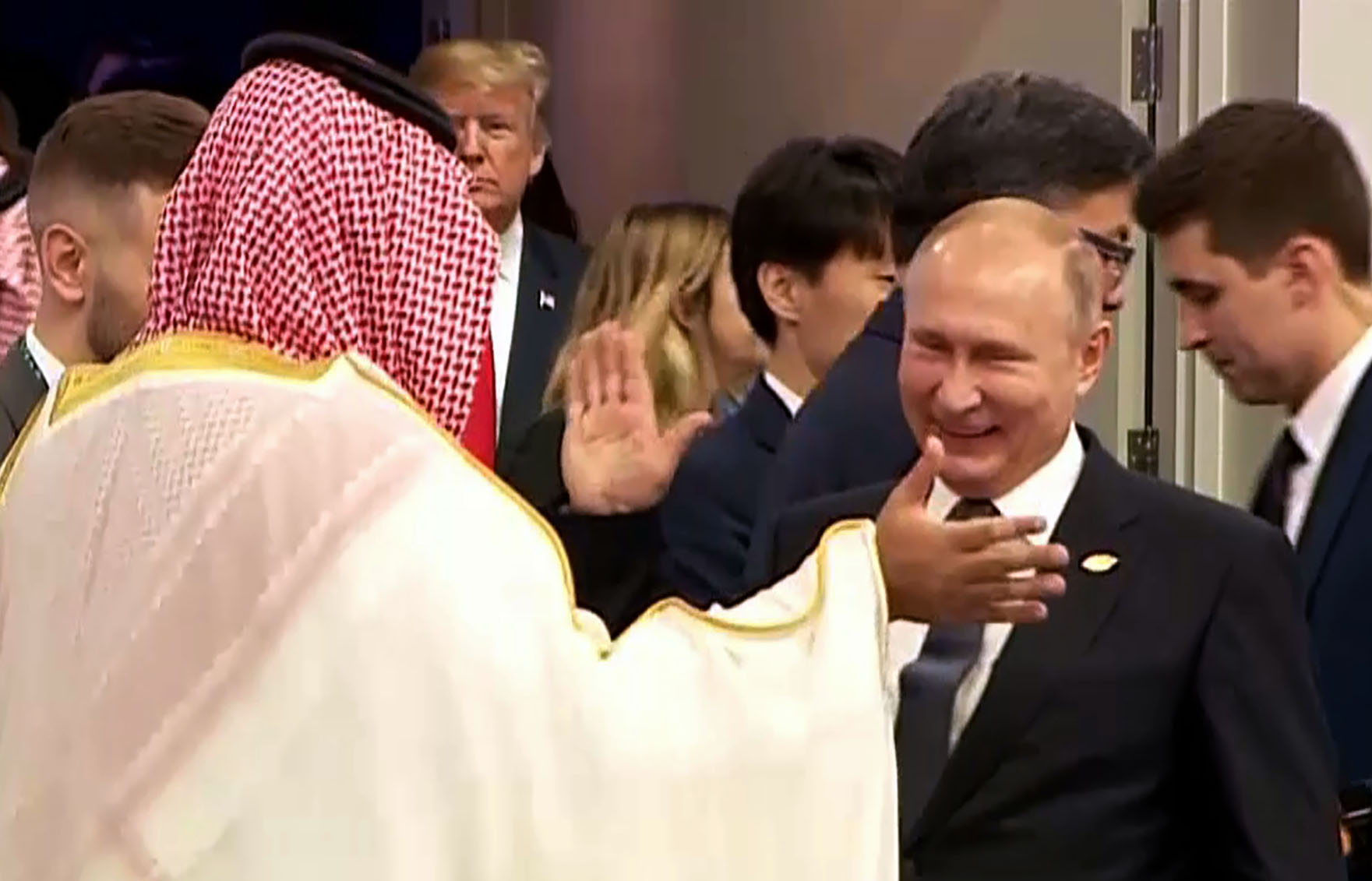Sometimes a handshake can mean quite a lot. U.S. President Richard Nixon's outstretched hand to Zhou Enlai in 1972 marked the end of a quarter-century of Chinese-American estrangement. The decidedly bro-ey handshake between Russian President Vladimir Putin and Saudi Crown Prince Mohammed bin Salman at the Group of 20 summit last week was also laden with symbolism.
That handshake was, no doubt, a pointed reminder to Washington that the Saudis are willing to explore other geopolitical options if the U.S. gets tough in response to the assassination of the journalist Jamal Khashoggi. Yet it was also indicative of a broader trend that is reshaping global politics.
Day by day, it becomes increasingly clear that a central fault line — perhaps the central fault line — in world affairs is the struggle between liberal and illiberal forms of government. And as this happens, geopolitical alignments are shifting in subtle but momentous ways. In particular, the bonds between the U.S. and many of its authoritarian allies are weakening, as those countries find that they have less in common ideologically with America than with its revisionist rivals.



















With your current subscription plan you can comment on stories. However, before writing your first comment, please create a display name in the Profile section of your subscriber account page.